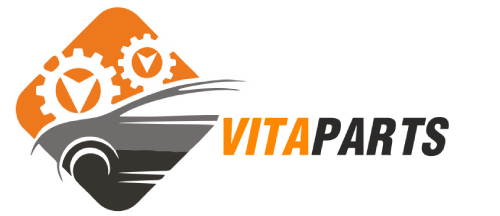OCTOBER 7, 2024
Vitaparts Press for Tax Waivers for Auto Parts Manufacturers

Vitaparts, a subsidiary of Vitafoam Nigeria Plc, a Lagos-based company dedicated to the manufacturing of automotive parts. In an recent interview, Mr. Udoka Abanobi, Business Manager and Head of Vitaparts Nigeria Limited, addresses industry challenges, suggested changes and advocates for tax waivers to boost the local manufacturing of automotive parts.
The National Automotive Design and Development Council (NADDC) with the African Association of Automotive Manufacturers (AAAM) recently toured auto parts manufacturing companies in Nigeria, including your organization. What insights or opportunities did these visit reveal for the Nigerian automotive sector?
It is amazing that the government is working to support local auto manufacturers. I must say I was elated to have welcomed the team to Vitaparts Ltd. The visits highlighted the immense potential for growth within Nigeria’s automotive sector, emphasizing the need for local content development, for collaboration between local manufacturers and international partners. Opportunities identified include increasing local production to reduce dependency on imports and fostering innovation through research and development. Local manufacturing will also help lower the demand on forex.
In your opinion, what are the primary challenges facing manufacturers of automotive parts in Nigeria, and how are Vitaparts overcoming these challengers?
The primary challenges include high operating costs, inadequate infrastructure, and competition from sub-standard imports. Vitaparts addresses these by investing in technology to improve efficiency and implementing strict quality control measures in our processes.
What specific measures should the government implement to foster a more supportive environment for automotive parts manufacturers in Nigeria?
The federal government should implement favorable policies, such as tax incentives and subsidies for local manufacturers, improve infrastructure, and establish stronger regulations to curb the importation of sub-standard parts. Currently, imported raw materials are subject to higher taxes than fully assembled products imported from abroad, which does not incentivize local production. To enhance the quality of our products, it is essential that the automotive manufacturing industry be granted tax waivers.
A committee is working on a blueprint for the Nigerian Automotive Industry Development from 2023-2033. What key areas should this blueprint prioritize to boost the sector’s growth?
For us at Vitaparts, key areas include enhancing local production capabilities, fostering R&D, improving supply chain logistics, and developing skilled labour. Additionally, the blueprint should emphasize the importance of creating a favorable business environment through policy support. The blueprint should also help in creating a database for collaboration amongst local manufacturing companies and the auto industry.
With ongoing challenges not only in the Nigerian automotive industry but also across the West African automotive sector, there is increasing pressure for government involvement to protect and support local manufacturers. This support is essential for ensuring continued prosperity and competitiveness against international rivals, securing a sustainable future in the industry.